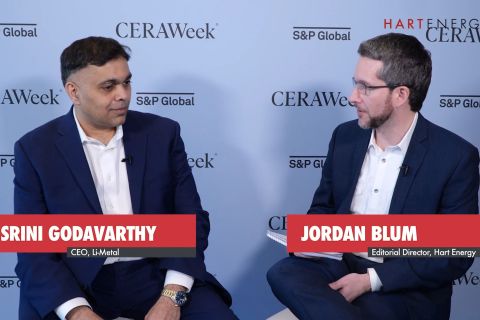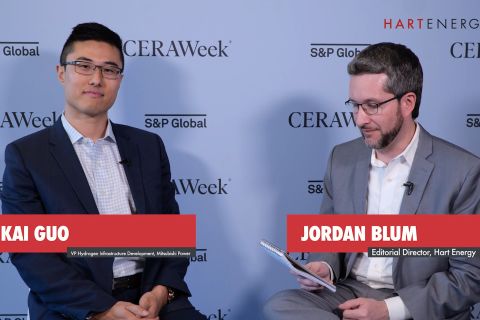Australia's government has proposed to expand its ability to curb LNG exports from three projects on the east coast in order to meet gas supply shortfalls, under a plan due to take effect in April.
The proposed changes to the Australian Domestic Gas Security Mechanism (ADGSM) come on top of moves by the government to cap gas prices, create a new "reasonable" pricing regime, and impose a mandatory code of conduct, all of which the gas industry says could deter future investment and alienate trade partners.
In draft guidelines for the gas security mechanism released late on Feb. 9, the government proposed that in any quarter that was forecast to have shortfall of gas supply, east coast LNG exporters would have to seek permission to export LNG.
The three east coast LNG exporters are QCLNG, run by Shell, APLNG run by ConocoPhillips and Origin Energy and GLNG run by Santos Ltd.
Permission would be given based on how much gas an LNG producer had committed to the domestic market and any contribution it had made to alleviate the forecast shortfall.
Those permissions would be tradable.
If the allowable volume for export was less than an LNG project had committed for sale in long-term contracts, it could apply to increase its permitted volume.
However, the proposal said that when considering whether to increase the allowable volume, the resources minister would take into account whether an LNG project "has exhausted all available commercial solutions" to meet its contracted volumes. That would include buying permissions from other projects or buying LNG on the global market.
The Australian Petroleum Production and Exploration Association (APPEA), which represents the gas producers, said the proposed guidelines could leave countries in the region stuck without supply with as little as 30 days' notice.
"If Australia's LNG customers – who in many cases are also investors in our economy – cannot be certain from one quarter to the next as to whether they will receive the gas they need, they will very quickly start looking for a more reliable energy partner," APPEA Chief Executive Samantha McCulloch said.
Comments on the proposal are due on Feb. 23.
Recommended Reading
Exclusive: Building Battery Value Chain is "Vital" to Energy Transition
2024-04-18 - Srini Godavarthy, the CEO of Li-Metal, breaks down the importance of scaling up battery production in North America and the traditional process of producing lithium anodes, in this Hart Energy Exclusive interview.
High Interest Rates a Headwind for the Energy Transition
2024-04-18 - Persistent high interest rates will make transitioning to a net zero global economy much harder and more costly, according to Wood Mackenzie Head of Economics Peter Martin.
Scotland Ditches 2030 Climate Target to Cut Emissions by 75%
2024-04-18 - Scotland was constrained by cuts to the capital funding it receives from the British government and an overall weakening of climate ambition by British Prime Minister Rishi Sunak, said Mairi McAllan, the net zero secretary for Scotland's devolved government.
Exclusive: Mitsubishi Power Plans Hydrogen for the Long Haul
2024-04-17 - Mitsubishi Power is looking at a "realistic timeline" as the company scales projects centered around the "versatile molecule," Kai Guo, the vice president of hydrogen infrastructure development for Mitsubishi Power, told Hart Energy's Jordan Blum at CERAWeek by S&P Global.
Google Exec: More Collaboration Needed for Clean Power
2024-04-17 - Tech giant Google has partnered with its peers and several renewable energy companies, including startups, to ramp up the presence of renewables on the grid.




